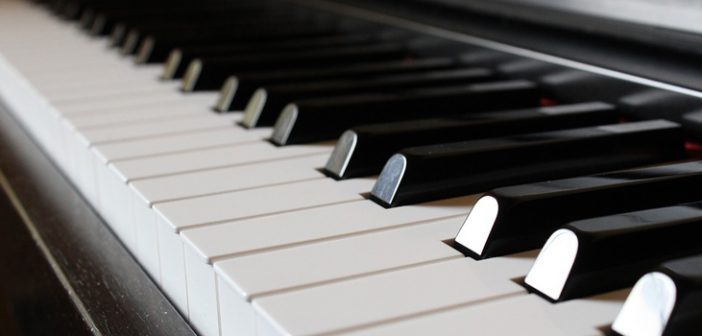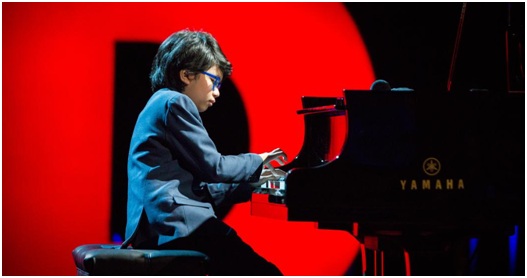While it may be difficult for some of us to imagine, by the year 2030 many jobs performed by humans will be performed by automation – by artificial intelligence, that is. The first to go will be cashier jobs and call center positions, but as AI develops further and further, eventually most traditional jobs done by humans will be performed via automation. While this information is fascinating all on its own, there are further ramifications of the AI revolution that are less obvious. In California, AI has been developed that can compose music in the style of JS Bach and Sergei Rachmaninoff. While stalwarts have claimed that the music composed by AI is lacking feeling and soul, in a blind test, most people cannot distinguish between music composed by the computer and that of a human composer.
If most conventional jobs – and even the realm of art to some degree – is taken over by AI, what exactly will be left for humans to do? The truth is, we don’t know.
This truth about the future will cause most parents to look closely at the way that their children are being educated. The traditional way that the education system has worked for the past century was designed to prepare people for jobs that may not exist in the future on our current trajectory. If this is true, then the greatest skill a child can learn is the skill of flexible thinking. And while computers may have a role in the music scene of the future, the process of learning an instrument and dedicating some time each day to performing music will hold a great deal of value for the younger generation.
Just because computers will be able to do almost everything in the future, it doesn’t necessarily mean that humans should just lose themselves in relaxation and apathy; true satisfaction in life is derived from laboring towards a purpose that is perceived to have value. The nature of this purpose is somewhat irrelevant, as long as you’re not doing harm to yourself or others.
If you get your kids to play an instrument and encourage them to perform in a collective, it will have several positive effects in the short-term, and also help them navigate the shifty job market of the future. Here’s why:
- Increased Confidence: Learning to play an instrument makes the performer feel that they are in control and teaches them that they can produce something of value out of nothing. In terms of sparking creativity and encouraging a child to carve their own path without regard for popular trends, there’s nothing better than playing music.
- Adaptive Thinking: Improvisation in music is a perfect example of growth mindset: the idea of becoming comfortable with uncertainty and pursuing things that seem as though they may lay outside of your specialized skill set. A child who grows up improvising in a jazz band will certainly feel more confident stepping outside of their established wheelhouse.
- Fulfillment: There is something fundamentally satisfying about playing music. Many people who have very serious careers as journalists, doctors and lawyers relax at the end of the day by jamming on the guitar or piano. There’s a good reason – it is relaxing and opens up a whole sonic world that allows you to forget about your troubles and reset your mind.
Playing the electronic drums are not only for kids, famous drummers also uses electronic drums during recordings or even live concerts. To find out who they are, read this article.







It is an interesting article. The article talks about the value of music in the age of AI. In California, AI has been built up heavily and it can create music in the style of JS Bach and Sergei Rachmaninoff. The music created by AI is lacking feeling and soul. But the majority of the people cannot differentiate between music created by the computer
Thank you so much for everything you do.